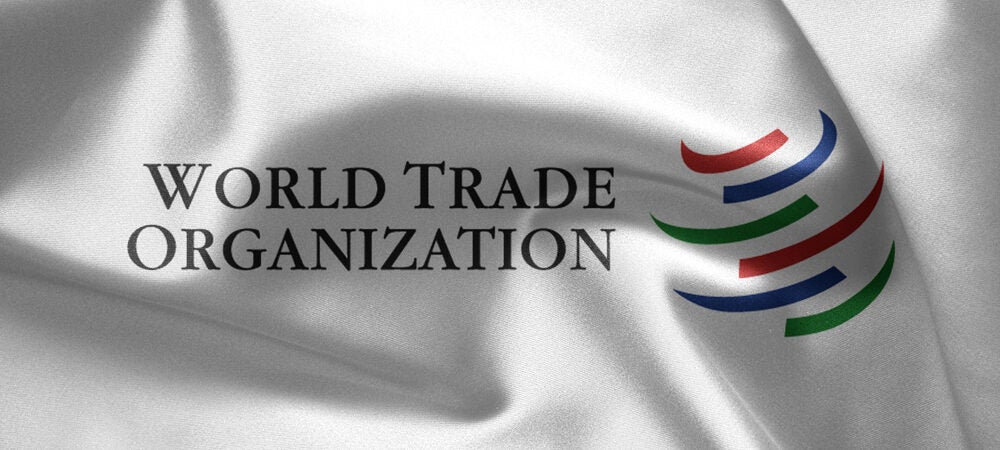A Place Created for Trade Negotiations
The multilateral trading system has three pillars: negotiation, dispute settlement, and administration. Of these, negotiation is the one of greatest importance. The World Trade Organization (WTO) is the only place where fully multilateral—that is, global—trade negotiations can take place. It has representatives present from 164 Members, accounting for more than 98 percent of world trade. Most of the remaining countries that are not Members, some two dozen, are in the process of accession and almost all of them are observers.
The WTO has unrivalled infrastructure to facilitate negotiations—a skilled Secretariat made up of experienced experts thoroughly versed in the existing rules of the trading system, teams of interpreters and translators on call, numerous meeting rooms with audiovisual equipment for simultaneous interpretation into three languages (and more on special occasions), and connections via the web for remote participation. It is the meeting place for a large number of working committees, a repository of their past proceedings, and beyond this, it holds the records of over 600 cases litigated among its Members. In terms of physical facilities and support staff, everything is ready for negotiations.
Almost all Members have resident missions located within a few minutes’ drive from the WTO headquarters in Geneva. The missions have a core of staff attending committee meetings. The heads of delegation—the permanent representatives to the WTO who are ambassadors sitting as the General Council of the organization—have been delegated the full plenary powers of the Ministerial Conference. They are empowered, in the view of their counterparts, to commit their countries to trade agreements. Ever since the International Court of Justice issued its Eastern Greenland Decision, ministers (particularly foreign ministers) have been able to bind their governments even with a verbal declaration, enough so that they can definitively transfer sovereignty to another nation of substantial tracts of their nation’s territory. All the physical and legal elements are present for trade negotiations to take place.
To read the full report from the Peterson Institute for International Economics, please click here.

